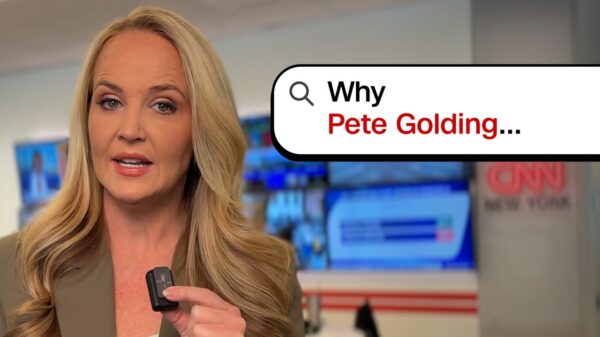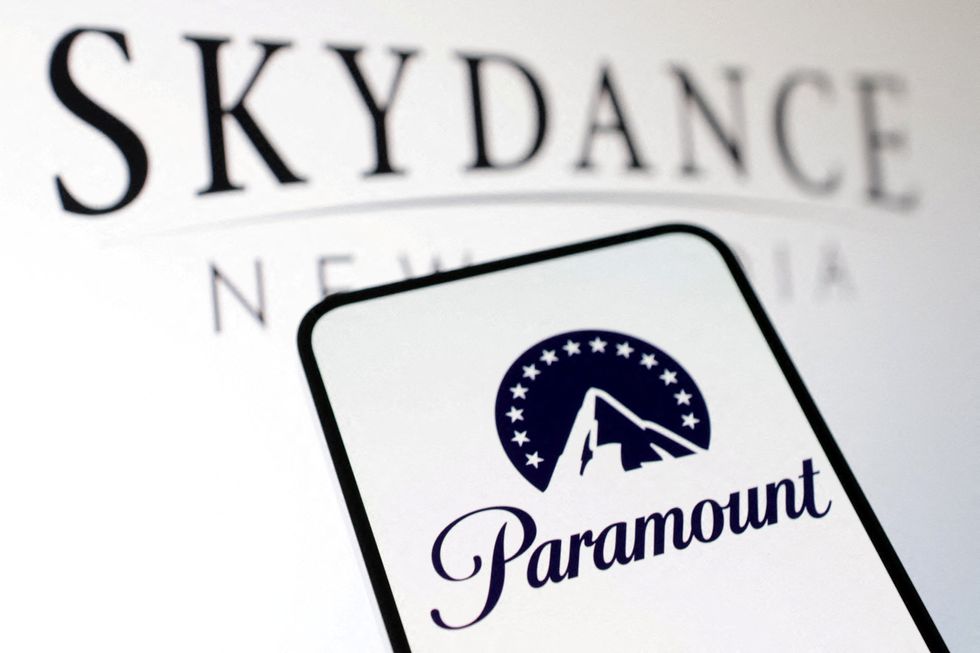The Federal Communications Commission (FCC) approved a significant merger between Paramount and Skydance Media on November 2, 2023, valued at $8 billion. This decision has ignited concerns regarding its implications for democracy and media independence. Critics argue that the FCC, originally created in 1934 to serve as an impartial regulatory body, has been transformed into a tool for political agendas.
The merger, which reflects one of the largest consolidations in media history, faced scrutiny not just for its financial implications but also for the political context surrounding it. According to reports from The New York Times, the approval process was fraught with complexities and controversies that overshadowed the business rationale.
Political Implications of the Merger
The FCC’s decision, supported by a 2-1 vote, has raised alarms among advocates of free speech and a diverse media landscape. Commissioner Anna Gomez, the sole dissenting voice, expressed her deep concerns about the implications for the First Amendment, stating, “That eerie sound you’re hearing is the crumbling of the First Amendment.” Her remarks underscore fears that this merger could lead to increased media consolidation, reducing pluralism in the information available to the public.
The influence of former President Donald Trump looms large in this discourse, as he has consistently criticized the mainstream media, labeling it as “the enemy of the people.” This merger appears to align with a broader trend of political pressure on media entities, which critics argue could undermine journalistic integrity and independence.
Reactions and Future Outlook
FCC Chairman Brendan Carr has been perceived as a controversial figure in this approval process, with some labeling his leadership as a departure from the agency’s traditional independence. His actions have led to accusations of partisanship, drawing attention to the growing intertwining of media and politics in the United States. Critics have pointed out that Carr’s involvement with Project 2025, an initiative associated with Trump’s policy agenda, raises questions about the motivations behind the FCC’s decisions.
This merger has also sparked discussions about the responsibilities of media corporations. As noted by some observers, the willingness of a media giant like CBS to engage in this transaction is viewed as a troubling capitulation that could have damaging ramifications for the industry. The merger reflects a broader concern that some corporations may be prioritizing financial gain over public interest, particularly as they navigate an increasingly polarized political landscape.
As the media landscape continues to evolve, the implications of this merger will be closely watched. The approval not only impacts the companies involved but also raises critical questions about the future of media independence and the role of regulatory bodies in maintaining a democratic society.
In summary, the FCC’s approval of the Paramount and Skydance Media merger marks a pivotal moment that transcends mere business. As the lines between media, politics, and democracy blur, stakeholders will need to consider the long-term effects on public discourse and the integrity of the information that shapes society.






































































